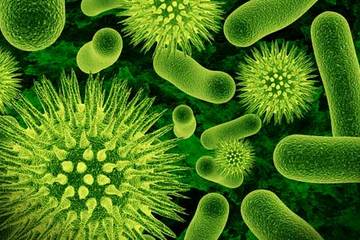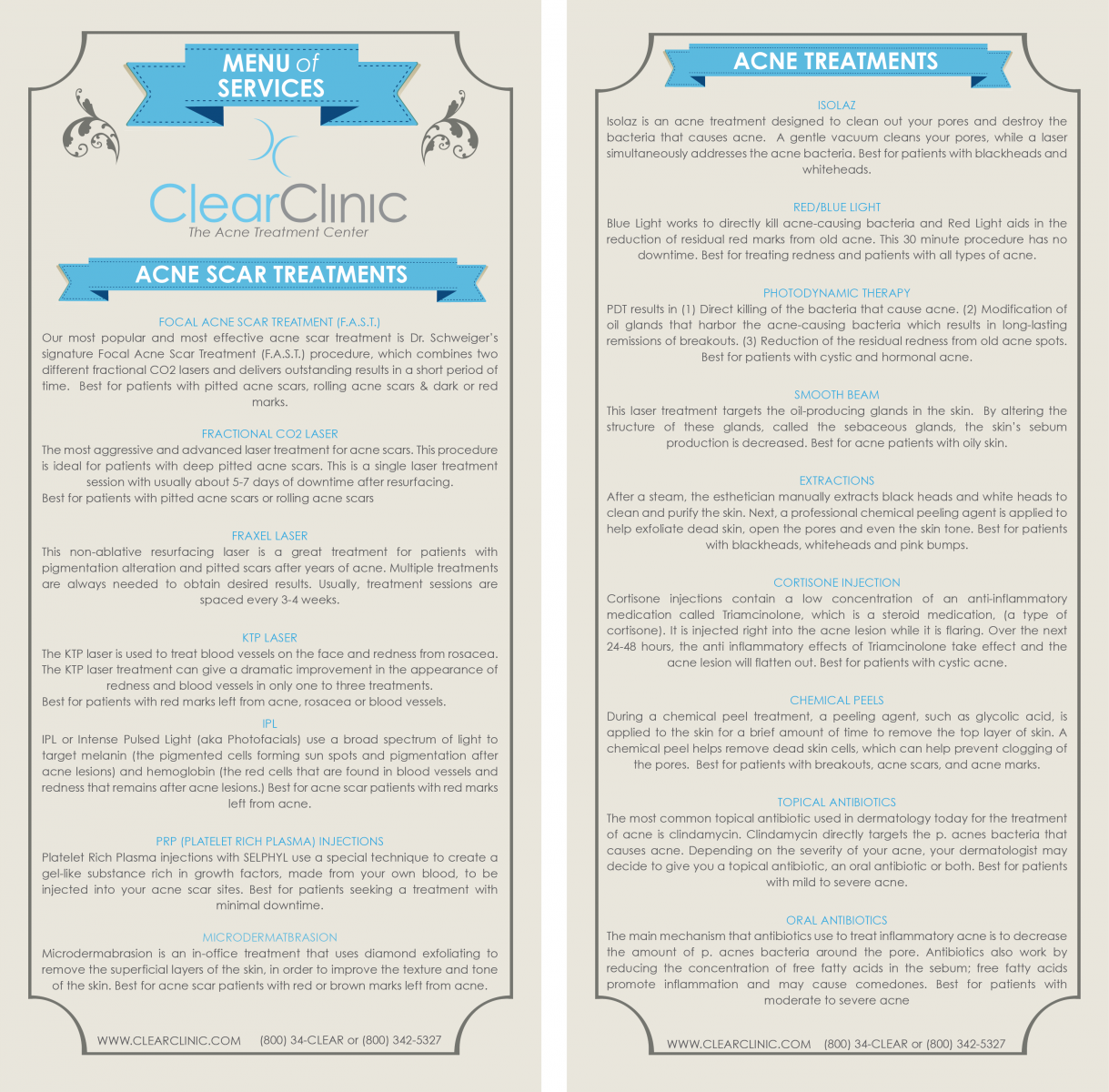Is Acne Caused By Bacteria?
 Many patients ask us, is acne caused by bacteria? While acne is not infectious or contagious, like a bacterial infection, the bacteria on your skin does play a role in the development of acne. When the skin’s follicles become plugged with dead skin cells and sebum, the p. acnes bacteria that naturally live on the skin are attracted to the follicle. This proliferation of p. acnes bacteria causes an inflammatory reaction on the skin, which results in the formation of acne.
Many patients ask us, is acne caused by bacteria? While acne is not infectious or contagious, like a bacterial infection, the bacteria on your skin does play a role in the development of acne. When the skin’s follicles become plugged with dead skin cells and sebum, the p. acnes bacteria that naturally live on the skin are attracted to the follicle. This proliferation of p. acnes bacteria causes an inflammatory reaction on the skin, which results in the formation of acne.
Many acne-fighting treatments work by killing the p. acnes bacteria that causes acne. Medications such as topical antibiotics, topical benzoyl peroxide, and oral antibiotics work by decreasing the p. acnes bacteria on the skin. In-office physical acne treatments, such as Photodynamic Therapy and the Isolaz acne laser, also work by killing p. acnes bacteria.
Another way to stop the effect of p. acnes bacteria on the skin is to stop the formation of the plugged follicle, so that the p. acnes bacteria are not attracted to the follicle and acne lesions do not form. Medications such as retinoids, which regulate skin cell turnover, prevent the buildup of oil and dead skin cells in the follicle. The Isolaz laser is an in-office treatment which, in addition to killing p. acnes bacteria, also cleans out the skin’s follicles. Medical extractions and chemical peels also get rid of buildup in the pores from dead skin cells and excess oil production.
The bottom line is that everyone has p. acnes bacteria on their skin, but in order to prevent the formation of acne, we must stop the bacteria from proliferating around plugged follicles and causing inflammation on the skin.

